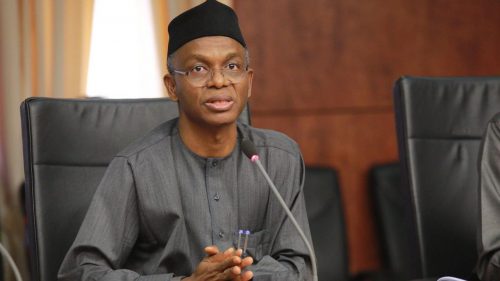Dangote signs $1 billion deal to build cement, power plants in Zimbabwe

Aliko Dangote, Africa’s richest man and chief executive officer of the Dangote Group, says his company has signed an agreement to invest over $1 billion in cement and energy projects in Zimbabwe.
Speaking to journalists after meeting with President Emmerson Mnangagwa in Harare on Wednesday, Dangote said the agreement covers multiple sectors, including cement, power generation, and petroleum pipelines.
“… we have just actually signed an agreement between Zimbabwe and Dangote Group to do various investments in various sectors, some of which, of course, border on cement, some of it in power generation, and some of it in pipelines to bring petroleum products,” he said.
He added that the investment would exceed $1 billion “because of the pipeline”, noting that the company was planning additional ventures in the country.
Commending Mnangagwa’s leadership, Dangote said the president’s economic reforms had built investor confidence.
“And also, when you look at what His Excellency has actually done in terms of turning the economy around, that really gave us the confidence that this is the right time for us to come and invest,” he said.
“And, you know, it’s like somebody, when you pass the exam, people have to give you a good mark. So His Excellency has passed that exam.”
Dangote previously showed interest in Zimbabwe in 2015 when he planned a $400 million cement plant with a processing capacity of 1.5 million tonnes per year.
With this new deal, Zimbabwe joins other African countries hosting Dangote Group’s investments, including Ethiopia and Zambia.
On October 5, the conglomerate began constructing a $2.5 billion fertiliser plant in Gode, Ethiopia, in partnership with the Ethiopian Investment Holdings (EIH). The facility will have an annual production capacity of three million metric tonnes of urea, making it one of the largest fertiliser complexes globally.
Dangote Cement also operates a 1.5 million tonnes per annum plant in Zambia, which began production in the second quarter of 2015, according to the company’s website.










